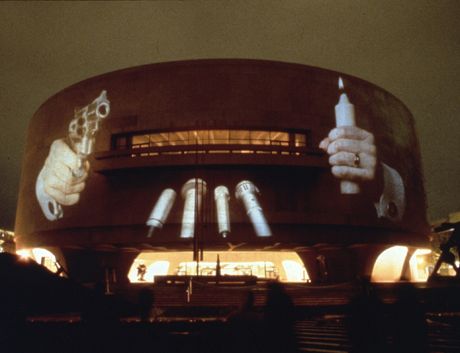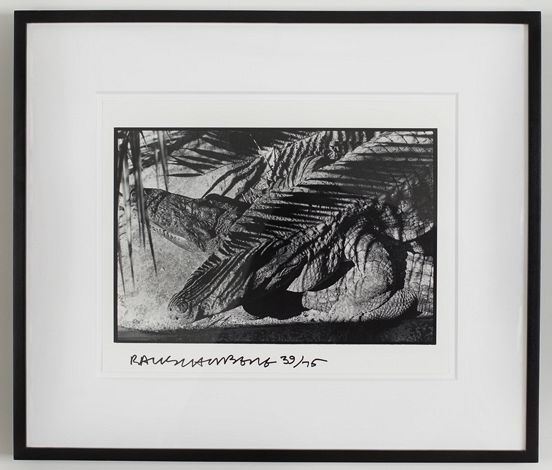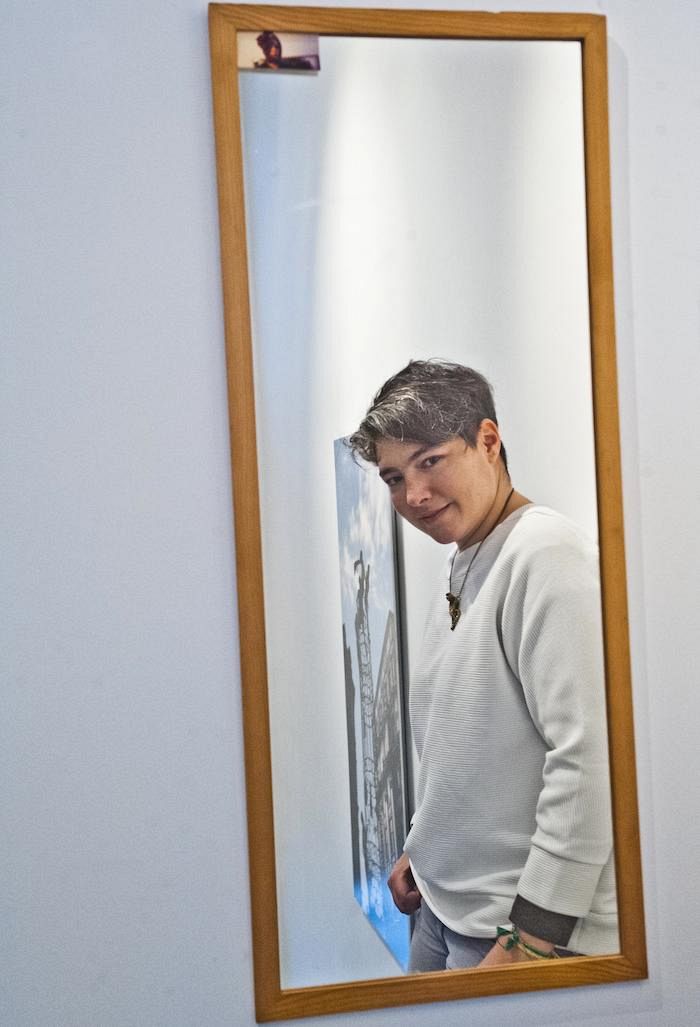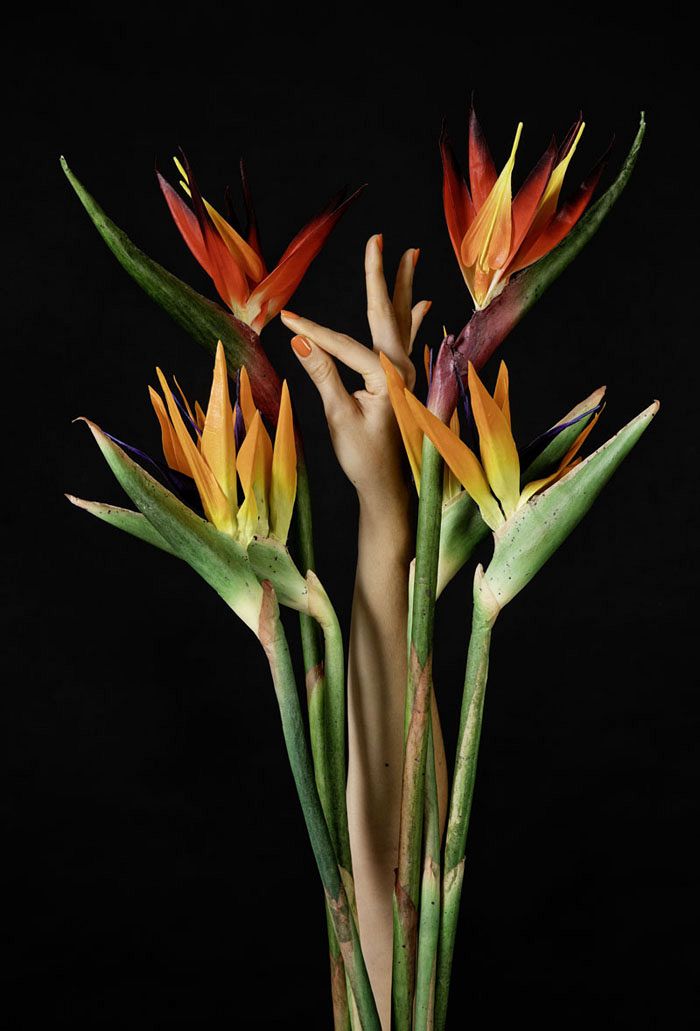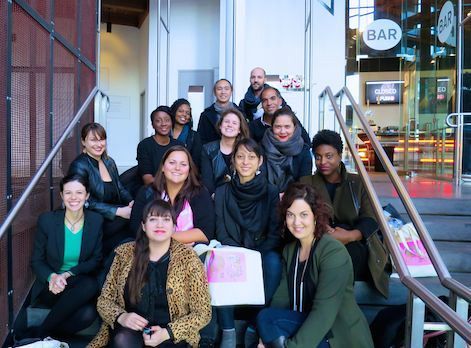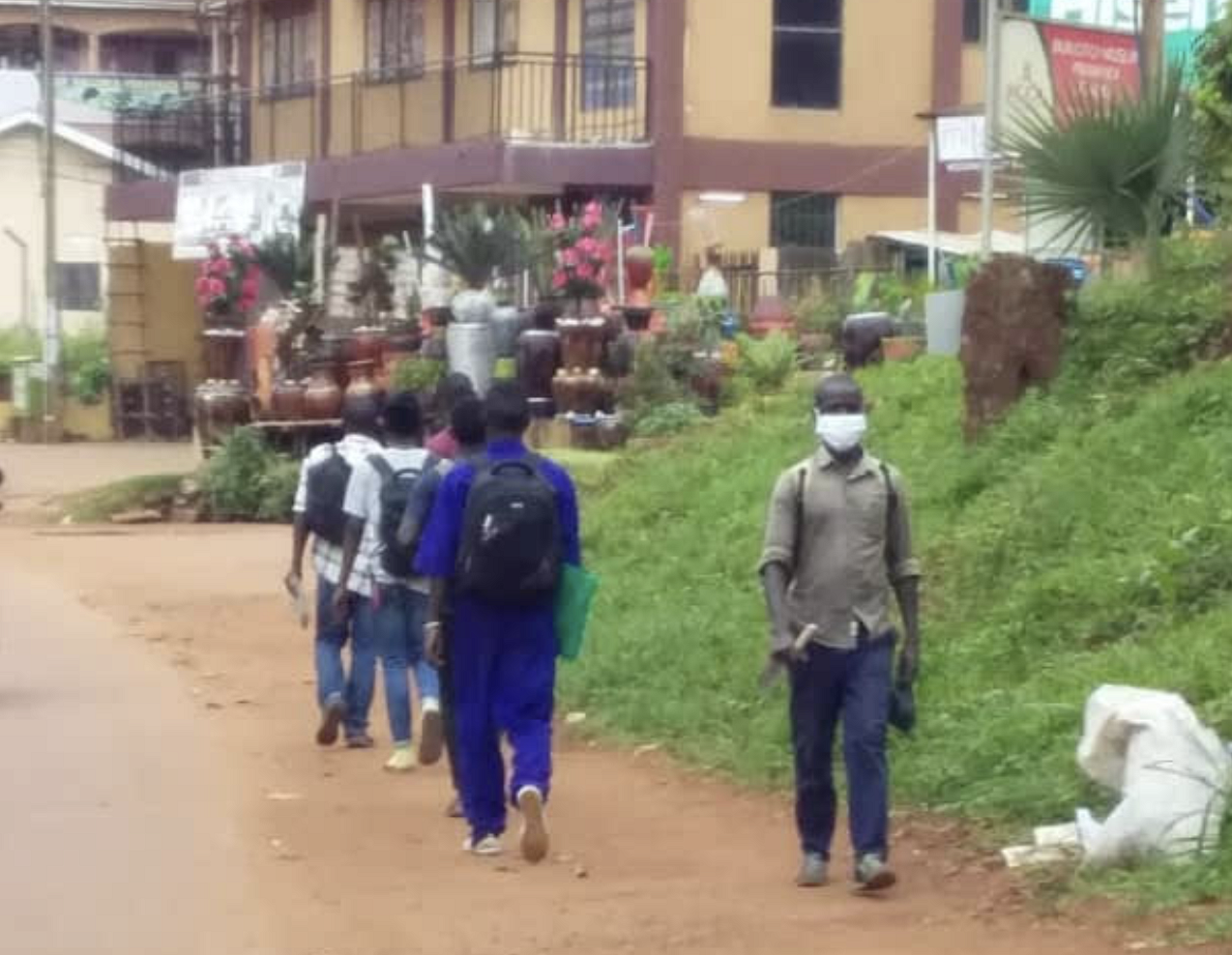Hans Haacke was born 1936 in Cologne, Germany, and has lived in New York since 1965. Haacke has had solo exhibitions at the following: Museum Haus Lange, Krefeld; Museum of Modern Art, Oxford; Stedelijk Van Abbemuseum, Eindhoven; Tate Gallery, London; New Museum of Contemporary Art, New York; Centre Pompidou, Paris; Venice Biennale; Fundació Antoni Tàpies, Barcelona; Museum Boijmans Van Beuningen, Rotterdam; Serpentine Gallery, London; Generali Foundation, Vienna; Akademie der Künste, Berlin and Deichtorhallen, Hamburg (2006); Museo Nacional Centro de Arte Reina Sofía, Madrid (2012). Haacke has also participated in Documenta, and the Biennials of Venice, São Paulo, Sydney, Tokyo, Johannesburg, Gwangju, Sharjah, and the Whitney Biennial. With Nam June Paikm, he received the Golden Lion for best pavilion at the Venice Biennial in 1993. Haacke is the author, with Pierre Bourdieu, of Free Exchange (1995). Haacke taught at The Cooper Union from 1967 to 2002.
Hans Haacke
Explore
